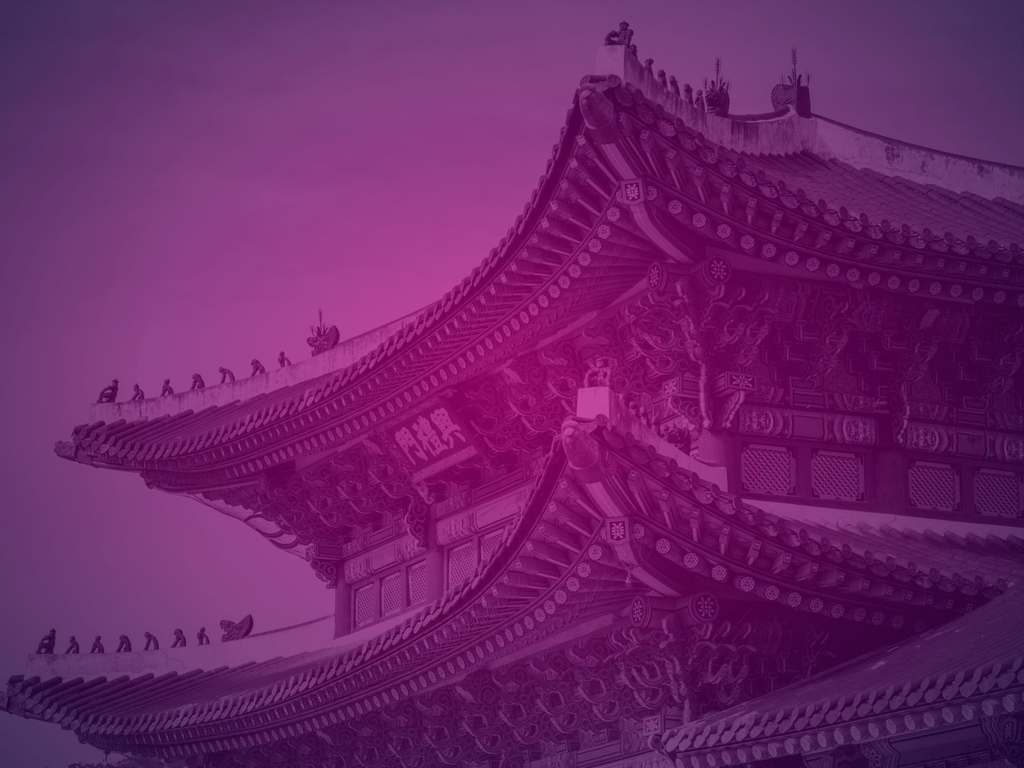China: My Initiation into the Most Misunderstood Nation

Nothing prepared me for visiting China this March. Before I traveled to China, I’d studied the country’s history and culture extensively for years. Or so I thought. As a news-hound, I read both Left Wing and Right Wing journalism and news on China. As a professional investor, I read both the Bull and the Bear case for the nation’s burgeoning economy. None of those things adequately struck at the heart of modern China’s essence. What I learned about China in my brief visit there bolstered certain principles of my worldview, but it cast doubt on my sources of data.
I’ve heard it said many times that China is a land of “paradoxes” everywhere from think-pieces on news-blogs to the Economist. Supposed dichotomies of “free market” versus “planned economy” have been puzzled over by people remote from the situation, as well as Western observers on the Mainland. My belief is that China is a land of continuities.
Anecdotally, you see this pervasive motif of continuity everywhere in China (at least where I traveled through- Zhejiang province: Shrines devoted to the ancient tradition of Ancestor Veneration (Ancestor Worship, as some call it) are still in operation; the home of lauded poet and author Lu Xun is basically a theme park operated by the “communist” party of China despite the fact that he’s known as the antecedent of their rival faction the “Kuomintang” (the Nationalist Party); Chairman Mao is weighed against the long line of Dynasties as another less-than-effective ruler in the long-run of China.
When we heard we were going to China’s “Hollywood,” aka Chinawood, it was assumed we’d be seeing some modern marvels of engineering and cinematic spectacle. What we saw was emblematic of everything else that is true about China. It’s basically a refurbished medieval castle with a beautiful paint job. They film historical dramas in Chinawood that occupy the airwaves of China alongside modern romantic comedies set in Beijing and Hong Kong. It’s exactly what I could have expected had I known China’s true culture better.
Perhaps most cultures in the post-Cold War cosmopolitan era see their cuisine as somewhat contiguous to their original culture. I may not know much of China’s ancient cuisine, but I witnessed things that made me think China is in a league of its own. For one, in many post-industrial cultures, offal is treated as quaint and vestigial- perhaps trendy for a season as a postmodern grasp at authenticity, but not a lasting part of daily life. Not so in China. I recall a “dumpling” restaurant where folks were eating the local specialty of “duck’s head soup.”
Further, after ordering copious amounts of food at restaurants on our day trips through Zhejiang, our gracious host made a point of identifying the “local speciality” in the meal. In a town outside Shaoxing, it was omelettes with balls of sticky rice folded in. In Shengzhou, a distinctly rich, robust steamed bun was particular to local tastes. Wherever we went, a local idiom was equally distributed in the family-style platform of Chinese dining.
Above all, the principle of Guanxi (关系) animates society. Guanxi- while too large a concept for me to speak to here- is the intricate structuring of relationships and interpersonal dynamics that China is known for. The fact that this age-old social dynamic has prevailed through feudalism, colonialism, communism, and the current mode of state heavy capitalism, is a fact I count as proof of my thesis. While some see “paradox” in a guanxi ecosystem for free market reforms, it’s part of a flow of time that makes China enviable.
There are far too many incidences of this cultural continuity for me to name here. Old people dance to erhu (a stringed instrument) in modern city squares. Young people enjoy electronic dance music structures populated by Chinese scales and traditional, operatic vocals. Walking down the main commercial street in Hangzhou is a case study in the phenomenon. It happens to be the oldest street in the city of 10 million people, and it’s antique buildings now house tourist-enticing silk shops, toy stores, and stinky tofu (that’s an actual dish) stalls with contemporary music blasting at decibel levels of an L.A. night club.
In short, China’s “paradox” is no greater than humanity at large’s paradox. That is, Schopenhauer’s Ontological Guilt: that we come from a lineage of mortals guided to our parentage by a concert of Will. And yet our own Will is sovereign and our own- we inherit so much from our predecessors, but what we desire and where we are headed is entirely up to us. Every generation of every society has undergone this process. What some have identified as China’s “paradox” is not unique to China. What is unique is China’s perseverance in linking itself to its historical lineage.
Congratulations @instaschramm! You have completed some achievement on Steemit and have been rewarded with new badge(s) :
Click on any badge to view your own Board of Honor on SteemitBoard.
For more information about SteemitBoard, click here
If you no longer want to receive notifications, reply to this comment with the word
STOPCongratulations @instaschramm! You have completed some achievement on Steemit and have been rewarded with new badge(s) :
Click on any badge to view your own Board of Honor on SteemitBoard.
For more information about SteemitBoard, click here
If you no longer want to receive notifications, reply to this comment with the word
STOP